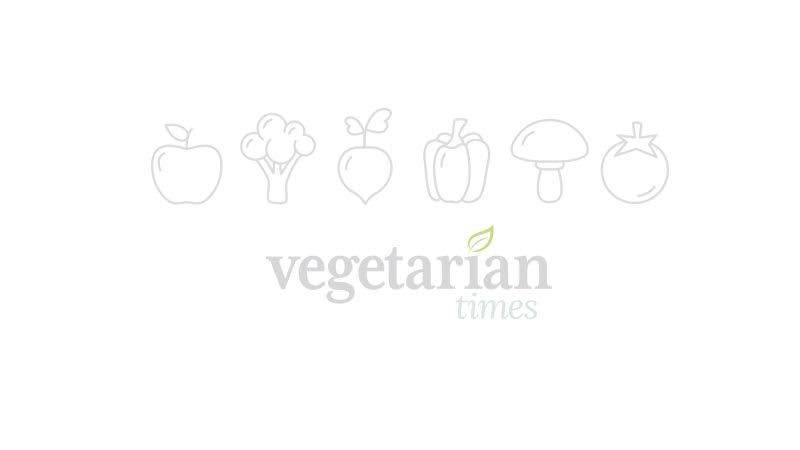Carrot & Stick: January 2008

CARROTS TO:
Pacific Gas and Electric Co. (PG&E)
, for providing free solar power to 65 Habitat for Humanity (HFH) houses built in the utility’s California service area. As part of PG&E’s Solar Habitat Program, which provides grants to build energy-efficient homes and install rooftop solar power systems, the $1.2 million investment allowed homes to be built with solar panels generating nearly 300 kilowatt hours of energy per month and saving families about $500 per year. “We’re sending a clear message —solar energy can have very real financial and environmental benefits for all of our customers,” said Bill Morrow, PG&E president and CEO. PG&E’s employees also spent nearly 2,000 hours volunteering with HFH to help build homes last year.
Animal Friends Insurance (AFI), for lowering insurance premiums for vegetarians. The U.K.-based nonprofit gives British vegetarians a discount of 6 percent based on their reduced risk for illness. “The life insurance industry needs to acknowledge that vegetarianism can have a positive impact on life expectancy, and reduce premiums accordingly,” says AFI Director Elaine Fairfax. Feel-good bonus: AFI donates all of its net profits to animal charities.
The Kansas Department of Health and Environment (KDHE), for denying a permit to expand a coal plant —the first time a government agency has cited environmental concerns in rejecting a permit. Sunflower Electric Power Corp. had petitioned to build two 700-megawatt coal-fired generators, and the facility could generate 11 million tons of carbon dioxide annually. “It would be irresponsible to ignore information about the contribution of carbon dioxide and other greenhouse gases to climate change and the harm to our environment and health,” said KDHE Secretary Roderick L. Bremby. Environmental groups have suggested wind farms and natural gas plants instead.
STICKS TO:
The USDA and the Almond Board of California (ABC), for making almond pasteurization mandatory as of September 2007. Consumers can no longer buy truly raw almonds, but the USDA will still label pasteurized almonds as “raw,” even though pasteurization will expose the nuts to 158°F temperatures—much higher than the 118°F standard for raw food. ABC insists that pasteurization is needed for public safety due to two previous outbreaks of salmonella in almonds, but will allow unpasteurized raw almonds to be exported outside of North America.
The Vancouver Organizing Committee (VANOC), for skimping on its environmental efforts for the 2010 Olympic Winter Games. Guard Fox Watch, an environmental group that has monitored past Games, says there is no system in place to measure pollution, energy, and sewage levels; soil and water quality; plant and animal species; and natural habitats. The group recommends that VANOC utilize non-fossil-fuel transportation, implement a water reuse program, and use solar energy. “VANOC could actually contribute to global warming at a time when the snow and ice that the Games depend upon are disappearing,” said Peter Berg of Guard Fox Watch.
The White House Office of Management and Budget (OMB), for heavily editing Senate testimony given by Centers for Disease Control and Prevention (CDC) Director Julie Gerberding, MD, about the effect of climate change on human health. Gerberding’s testimony was cut from 14 pages to four, and sections pertaining to diseases that could increase due to global warming were removed. “It was eviscerated,” said one CDC official. OMB spokesperson Sean Kevelighan said that the review process takes into account “whether [report details] … line up well with the national priorities of the administration.”
—by Lisa Barley